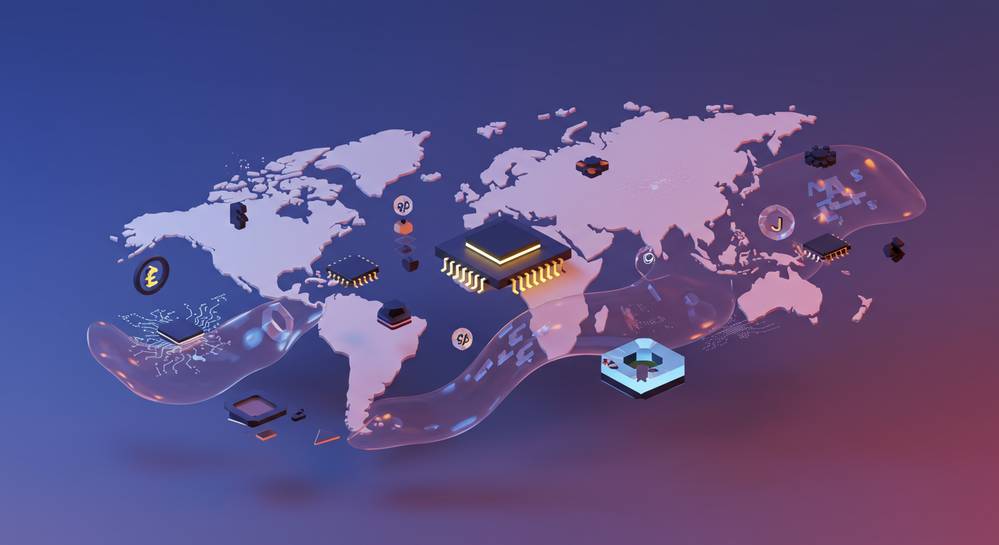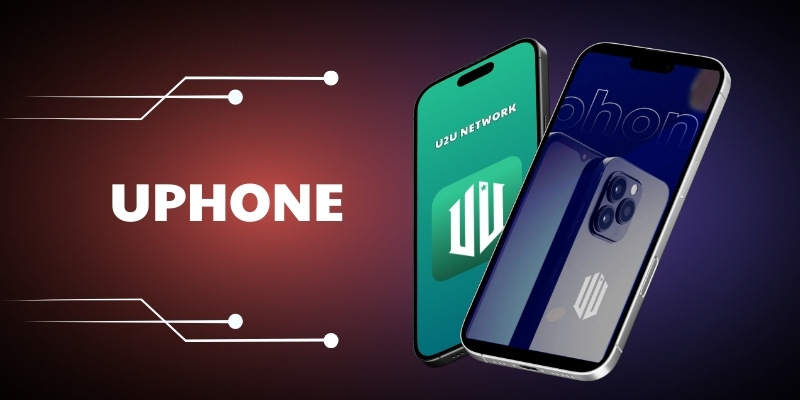Promoting Positive Mental Health with Technology: 5 Innovations Changing the Game
We live in a world where screens often dominate our attention. But what if these very screens could become tools in promoting positive mental health with technology? It’s not a far-off dream—it’s happening right now. Imagine an app that knows just what to say to calm your nerves, or a virtual scenario that helps melt away stress. I’ve seen the landscape of mental wellness evolve firsthand, and I’m here to guide you through the groundbreaking innovations redefining emotional well-being. From the palm of your hand to the lens of virtual realities, these tech solutions offer support like never before. Prepare to dive into a digital realm where your mental health takes center stage. Let’s explore how technology is not just part of the problem, but a big part of the solution.
Harnessing Digital Mental Health Tools for Emotional Well-being
Navigating the Landscape of Mental Wellness Apps
Mental wellness apps are booming. Think of them as gyms for your brain. They offer support, like how to calm your mind or handle daily stress. But with so many, how do you choose the right one?
Start by checking what you need. Is it better sleep, less stress, or happier moods? Next, look for apps with strong science behind them. They should say how they help and what experts made them. Top apps also keep your info safe.
Safety is key when you share your thoughts and feelings with an app. Make sure the app says it protects your privacy. Also, pick apps that fit your life. They should work with your routine and not make things tougher. The best apps feel like a friend giving you a high-five, not extra homework.
Now, what’s cool out there? Well, some apps use games to make you feel better. It’s like turning healthy mind habits into fun challenges. Others use your voice or heart rate to give tips on chilling out. Think of it as having a mini-coach in your phone.
The Promise and Process of Online Therapy Platforms
Let’s talk about online therapy platforms. They bring therapy to you, wherever you are. It’s like having a therapist who makes house calls through your screen. If you’re busy or live far from a therapist, these can be a lifesaver.
Online therapy works like the regular kind, but it’s through a video, chat, or call. You can find licensed experts who know their stuff. They’re ready to listen, help, and guide you through tough times.
These platforms walk you through setting up an account and finding the right therapist. Think of it like online shopping. But, instead of a sweater, you’re choosing a person to trust with your feelings. They also keep your chats private.
One big plus? They can cost less than seeing someone in person. Some even have plans that insurance can cover. So, it’s good for your wallet and your mind.
But remember, these tools are here to support you, not replace everything else. Keep doing things that make you feel okay, like hanging with friends, eating healthy stuff, and getting enough sleep. Use apps and online therapy as a part of your big plan for staying well.
So, whether you choose mental wellness apps, online therapy, or both, you’re taking steps to feel stronger inside. And that’s a big deal. Your mind is your powerhouse – keep it fit with the right tools for you.
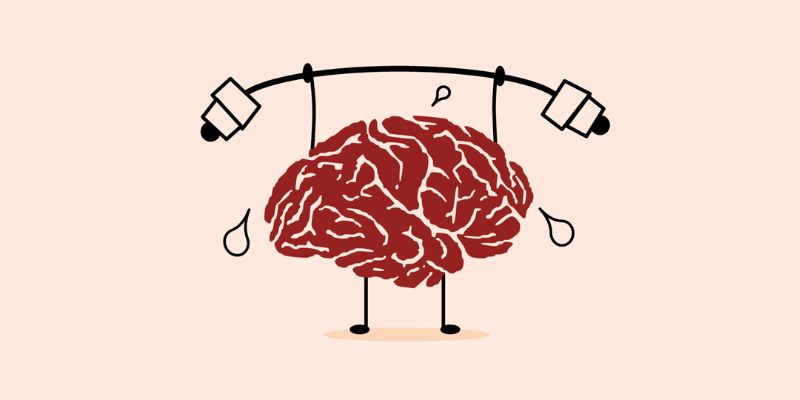
Immersive Healing: Exploring Virtual and Augmented Realities
Virtual Reality for Stress Reduction Techniques
Have you ever put on a headset and dived into a world where stress doesn’t follow you? That’s virtual reality for stress reduction. In this tech, we use headsets that show pictures and sounds of peaceful places. It’s like you are there, but you’re not!
Virtual reality (VR) takes you away from stress. How? By making you feel like you’re somewhere calm. It can be a beach, forest, or even outer space. You look around, move, and the VR world moves with you. You can learn to manage stress by feeling like you’re in a chill spot.
Now, let’s talk more about it. Virtual reality has been around for a while. Games and movies have used it a lot. But we found that it’s great for your mind too. With VR, you’re not just seeing calm things. You feel like you’re in the calm. You can take deep breaths and relax, and it’s like you’re really there, taking in the peace of a quiet spot.
Leveraging Artificial Intelligence for Personalized Mental Health Insights
Artificial intelligence (AI) in mental health might sound complex, but it’s pretty simple. AI is the smart tech in phones, cars, and now in tools to keep our minds fit. The goal is to make care just right for each person. AI can sort through tons of info about how we feel. Then, it makes smart guesses about what might help us feel better.
Here’s how AI helps us: it learns what you like, what helps you, and spots patterns. Maybe it notices you’re more stressed on Mondays. It can suggest ways to get ready for tough days ahead. AI can be in apps, chatbots, or even virtual counselors. They give advice based on a lot of data, making sure it fits just you.
In more detail, AI in mental health means tech that can think like humans but faster. It can check how you’re doing and give tips to keep your mood up. Think of it like a friend who always knows what to say. This smart friend learns more as you talk to it, getting better at helping over time.
Using these tools can be a big step for taking care of our minds. By exploring VR and AI, we can tackle stress and other mind troubles in new ways. We bring calm and smart care together, making it easier to stay healthy in our fast world.
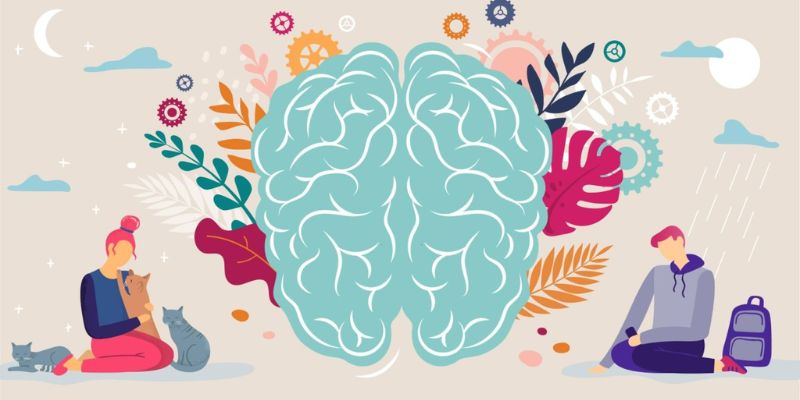
Engaging the Mind: Gamification and Wearables in Mental Fitness
Motivating Change through Gamification of Mental Exercises
We find new ways to stay mentally fit every day. Imagine making mental health work feel like play. That’s where gamification steps in. It turns tough tasks into engaging games. Think of it like turning a serious workout into a fun dance-off. Now, apply that idea to mental exercises. These activities can boost focus, recall, and mood. Gamification makes them more fun so you want to do them more.
Take apps for your brain’s health. They use points, levels, and challenges. They reward progress which keeps you hooked and helps you grow. It feels good to win, doesn’t it? That’s the hook. When you feel like a champ, you’re more likely to stick with it. It’s like playing a video game but for your mind’s sake.
The Role of Wearable Devices in Continuous Mood Tracking
Now, let’s chat about wearables: they’re not just for counting steps. These gadgets live with us. They see our routine, sleep, and even our heart rate. They are our silent pals that know a lot about us. They can tell when we’re stressed before we even know it. You may ask, how is that? Wearable devices for mood tracking use cool tech to notice tiny changes in our bodies. These changes often link to how we feel.
How does mood tracking help us? By knowing when stress peaks, we can act fast. Maybe it’s a breathing exercise or a quick walk. These actions can bring calm. The wearable gives us the ‘when’ so we can choose the ‘how’ to feel better.
This tech promotes better choices all through the day. From taking breaks to working out, it nudges us in the right way. It’s like having a coach that whispers, “Hey, let’s get some fresh air” or “Time to ease up.”
Remember, using these smart tools can keep us on a path to a brighter mind space. They fit into our life seamlessly and help without much fuss. So, we get to play games that make us sharper and wear cool gear that looks after our mood. Tech does not just live in our pocket or on our desks. It lives with us for our mental fitness. It’s an exciting time for mental health, isn’t it?
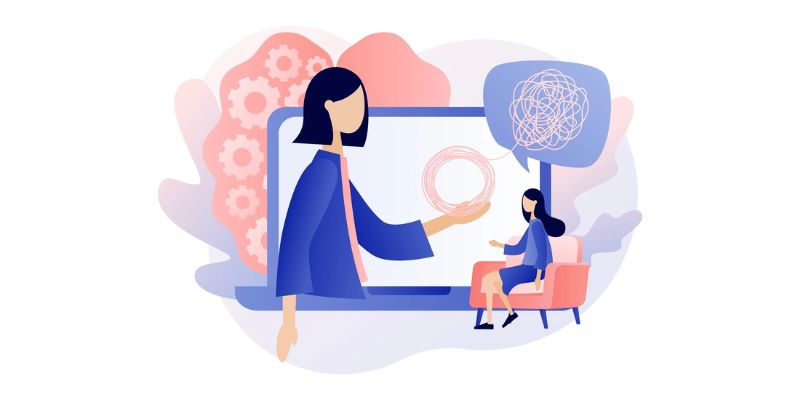
Integrating Technology into Traditional Therapeutic Practices
The Evolution of Internet-Based Cognitive Behavioral Therapy (iCBT)
How is internet-based cognitive behavioral therapy different from traditional CBT? It’s therapy over the internet. It brings CBT to your screen so you can get help from home. Traditional CBT happens face-to-face with a therapist. Internet-based CBT, or iCBT, is just as helpful but comes to you.
This way, iCBT uses tech to give more people access to therapy. It helps if you are busy, live far away, or feel more at ease at home. You get to work on mental health without travel. iCBT apps guide you through steps. They teach you to challenge and change unhelpful thoughts. We call this cognitive restructuring.
With iCBT, you learn to handle stress, anxiety, and more. You use the app or site for exercises and to track your mood. An online therapist checks in with you. You don’t have to meet them in person but they get to know you through messages. Studies show iCBT can be just as good as in-person therapy. It’s a strong tool to fight mental health concerns.
Enhancing Accessibility and Support with Telepsychiatry Services
What makes telepsychiatry services stand out? You talk to a psychiatrist through video calls, no matter where you are. If you live far from a clinic or can’t leave home, telepsychiatry bridges that gap. It brings experts right to your phone or computer.
Telepsychiatry services break down walls. They offer mental health care to more people. People in small towns or with limited mobility benefit a lot. You just need the internet to start. Many fear to talk about their mental health. With these services, they can seek care in private.
You schedule visits just like regular appointments. But you talk through a screen, not face-to-face. This ease helps you stick to therapy. It helps if you’re dealing with depression, anxiety, or stress. Having this help without travel removes one more hurdle. In mental health care, easy access can make all the difference. It makes getting help feel less of a chore.
iCBT and telepsychiatry services are key advances. They use tech to better our mental well-being. They put therapy in your hands. They make mental health services reachable and less daunting. These developments promise more help, for more people, in the ways they need it. They show that we can blend tech with care to improve lives.
In this blog, we looked at how tech tools can boost our mind’s health. We explored apps that help us keep our minds strong, online therapy for support anywhere, and cool tech like VR for stress relief. We touched on smart systems that get to know us and give helpful tips for our mood. We also saw how games and wearables make mental health work fun and track how we feel all day.
Finally, we discussed blending old therapy ways with new tech like iCBT and telepsychiatry, making help easy to get. In sum, technology is a powerful ally in our journey to stay mentally fit. It brings fresh, exciting ways to care for our emotional well-being. As an expert, I say embrace these tools to find what works best for you. They can offer a world of support right at your fingertips. Let’s use tech to take big steps toward a happier, healthier mind.
Q&A :
How can technology be used to promote positive mental health?
Technology can play a pivotal role in promoting positive mental health through various means. Apps focused on mindfulness and meditation, online therapy sessions, and mental health tracking tools are just some examples. These digital tools can make mental health resources more accessible and provide individuals with the opportunity to manage their mental fitness seamlessly into their daily routine.
What are the best tech tools or apps for improving mental health?
Several tech tools and apps are lauded for their effectiveness in improving mental health. Top picks often include mindfulness apps such as Headspace and Calm, cognitive behavioral therapy (CBT) apps like MoodKit and Sanvello, as well as habit-building and psychological education apps such as Fabulous and Happify. Always consult healthcare professionals for recommendations tailored to specific needs.
Can virtual reality (VR) technology be beneficial for mental health?
Yes, VR technology has shown significant promise for mental health applications. By creating immersive therapeutic environments, VR can be used to treat conditions like anxiety, PTSD, and phobias. It can also simulate calming environments for stress relief and mindfulness practice, making it a versatile tool in the field of psychology.
How does social media impact mental health, and what technology-driven solutions exist?
Social media can have a mixed impact on mental health, potentially leading to issues like anxiety and depression due to comparison, cyberbullying, or overuse. However, technology-driven solutions such as digital detox apps, social media usage trackers, and wellbeing features within the platforms themselves aim to promote a healthier relationship with these services.
Are there any emerging technological trends in mental health care?
Emerging technological trends in mental health care include artificial intelligence for personalized therapy sessions, chatbots for immediate mental health support, telepsychiatry for remote consultations, and wearable tech for monitoring physiological responses related to mental health. These innovations offer the potential for more individualized care and better accessibility to mental health services.

